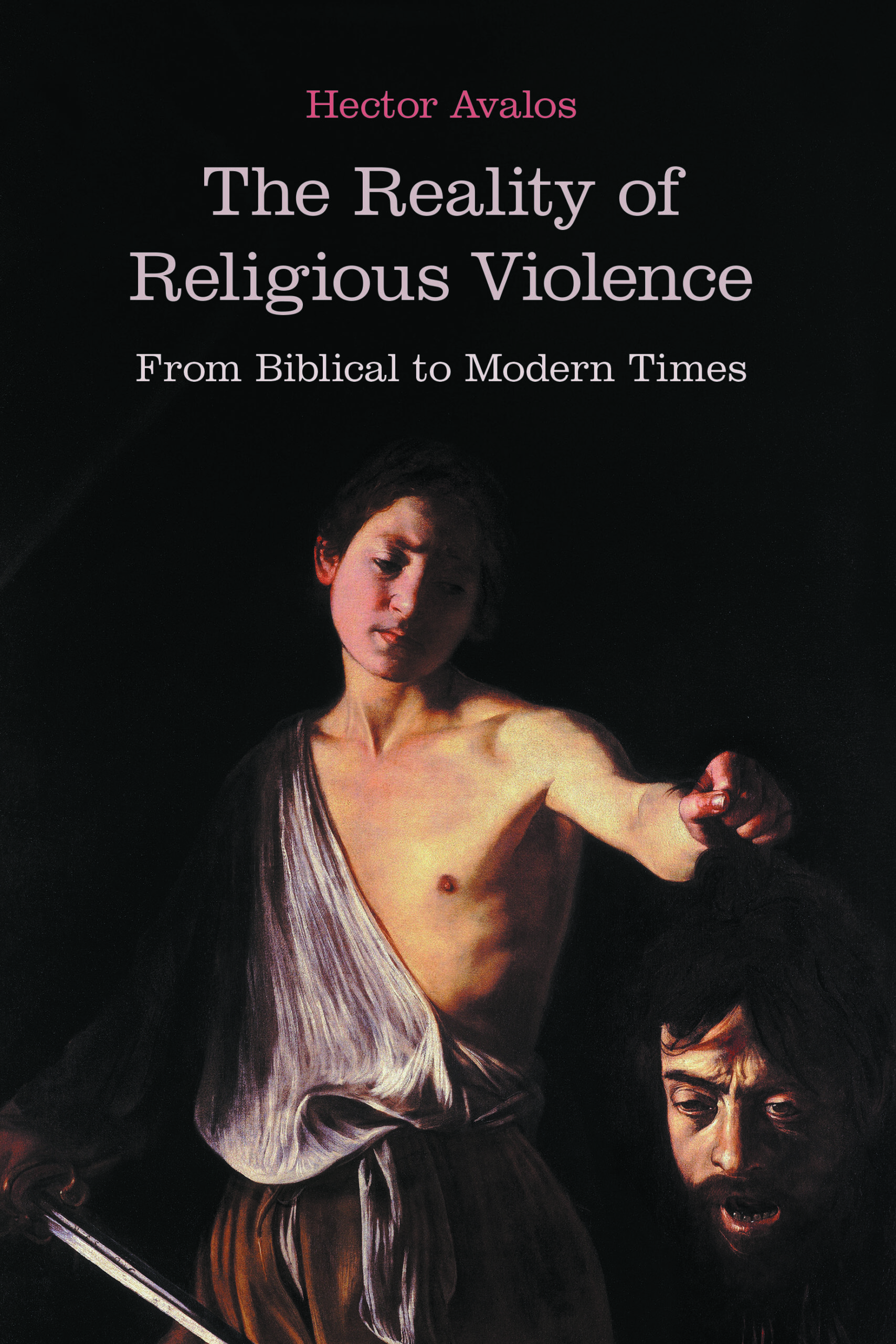The Reality of Religious Violence: From Biblical to Modern Times
£75.00
This book addresses two major questions: 1. Does religious violence exist? 2. If so, how is it different from other types of violence?
Violence and religion have been interacting from the beginning of recorded history according to The Reality of Religious Violence: From Biblical to Modern Times. This book addresses two major questions: 1. Does religious violence exist? 2. If so, how is it different from other types of violence?
The first question is a reaction to a whole stream of scholarship led by William T. Cavanaugh, author of The Myth of Religious Violence (2009), which denies that religious violence is a specific category of violence over against many other types of violence that we can name. The second question is whether ‘religious violence’ is a useful category at all.
This book argues that religious violence is not only a useful category, but also a necessary one if we are to understand our history and seek solutions. It is true, nevertheless, that wars and other types of violence can be caused by problems that have nothing to do with religion.
What is central to this book is the ethical quality of religious violence. Non-religious violence arises from causes one can detect (e.g. oil, water, money). Religious violence does not have any detectable cause, since there is no supernatural force or being that we can identify as the cause. That is what makes religious violence more tragic. Detailed examples are drawn from the Hebrew Bible, Christian texts, and Muslim texts.


Caryn Rogers, Australian Biblical Review. –
The aim of The Reality of Religious Violence is to highlight the inseparable nature of religion and violence. Avalos not only argues that religious violence exists, but that it is an integral part of religious literature, practice and experience … Largely, this book reads as an extensive and commendable analysis of apologetic treatments of the literature in the Abrahamic religions, alongside evidence from within the texts of these religions of violent commands, allowances and norms. Avalos argues that apologetic interpretations do not extricate religious texts from endorsing violence, but instead that they ignore what he considers to be the reality of violence as implicit within religion.
Avalos’ frank style and view of religion’s relationship to violence will be confronting for some readers. At times, he deals bluntly with scholars he disagrees with, suggesting in the case of René Girard that his theory is impotent and should “at least be partially sacrificed in academia” (228). He is uncompromising in his view that religion and religious texts cannot be re-interpreted outside of their violent intentions … [S]cholars need to consider whether the scriptures of the Abrahamic religions also need to be re-categorised as irredeemably violent texts (407–8). Avalos’ The Reality of Religious Violence may not be a popular read amongst biblical and religious scholars, but it is a text built on significant research and elicits important discussions for academic and broader cultural consideration.
Bob Becking, NTT Journal for Theology and the Study of Religion. –
Scarcity of goods often leads to violence, since too many people in need of frugal commodities do not want other persons to become the owner of the- se goods. Newspapers are filled by reports on economy-driven conflicts and wars. Hector Avalos tries to go beyond this obvious truism in his search for the mechanics of religious violence. His thesis is simple but clear: scarcity of religious or sacred goods also leads to violence. His view is counterintuitive since most scholars construe religions as benign and inherently pacifistic. Next to that, it is often argued that religion functions as an ideological mask to veil the real (economic) intentions of a violent aggressor. In an at times not very subtle way, Avalos challenges these views: the proponents of them being – in his opinion – unaware of the dark side of religion and having no scholarly entrance to the original texts.